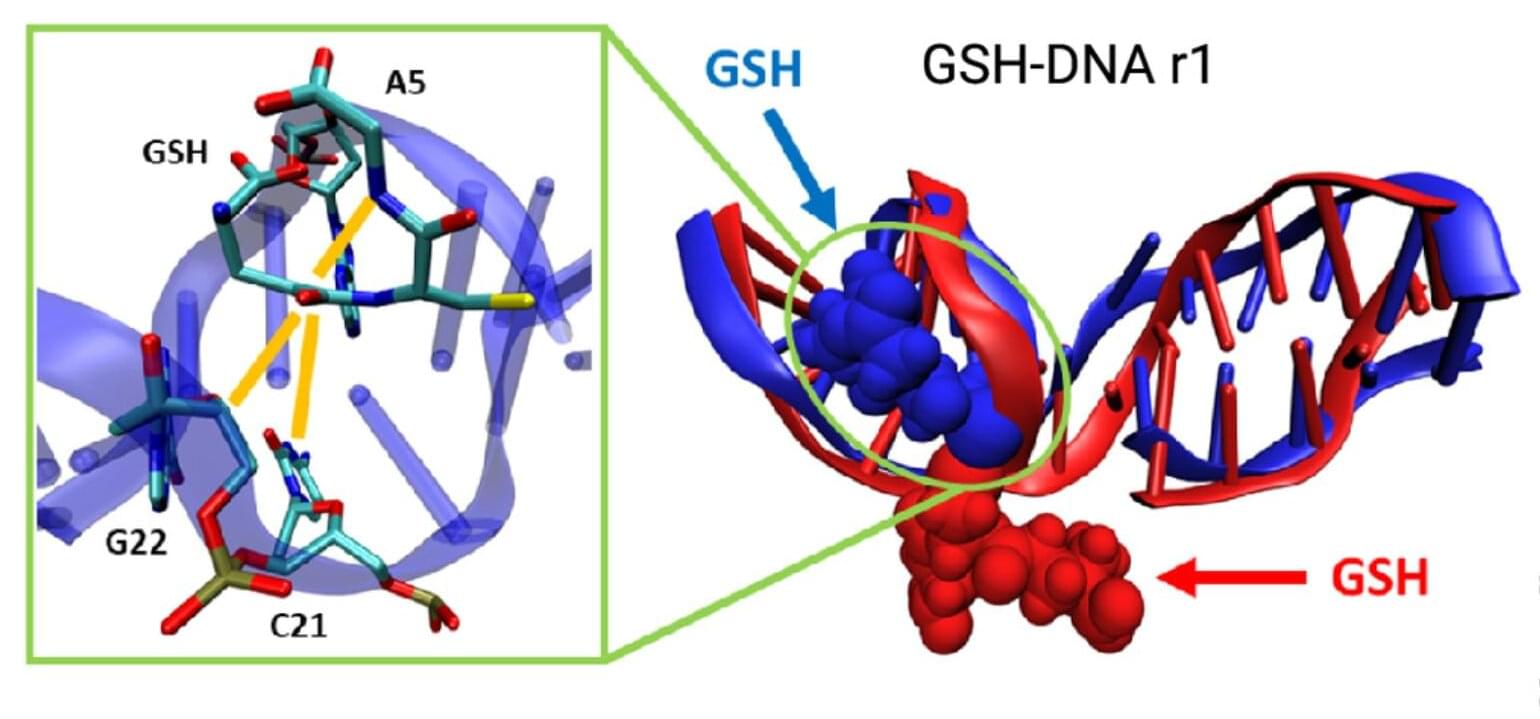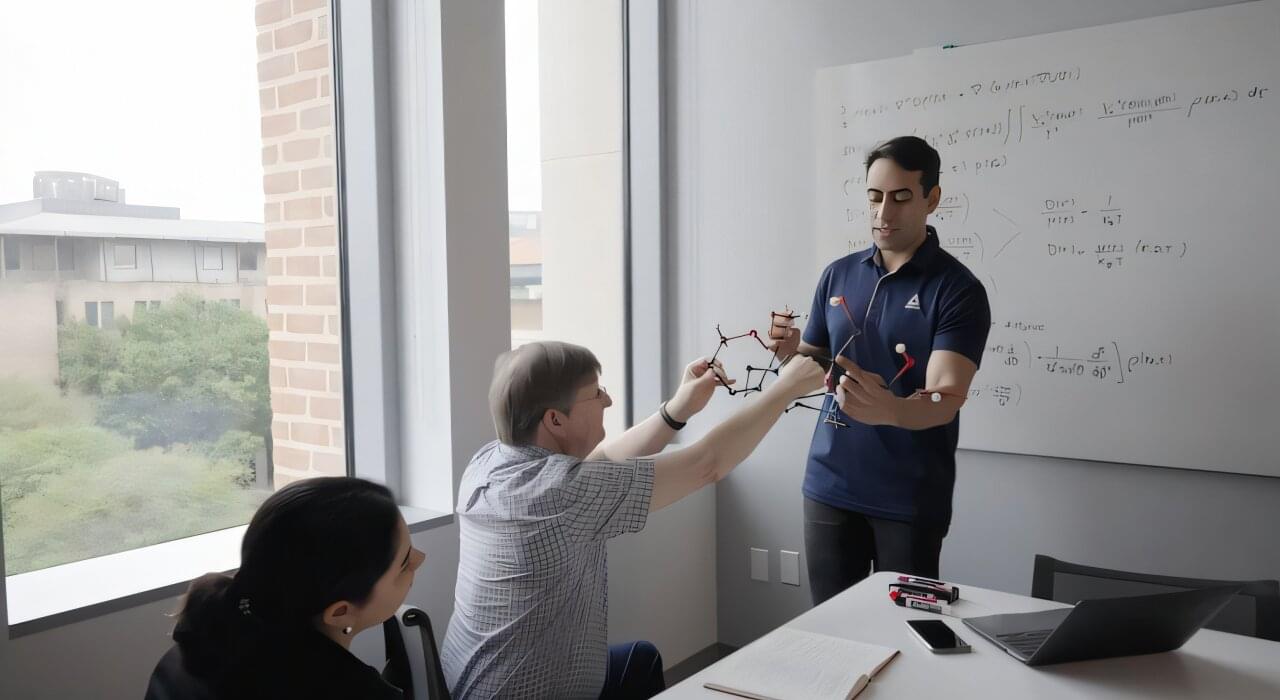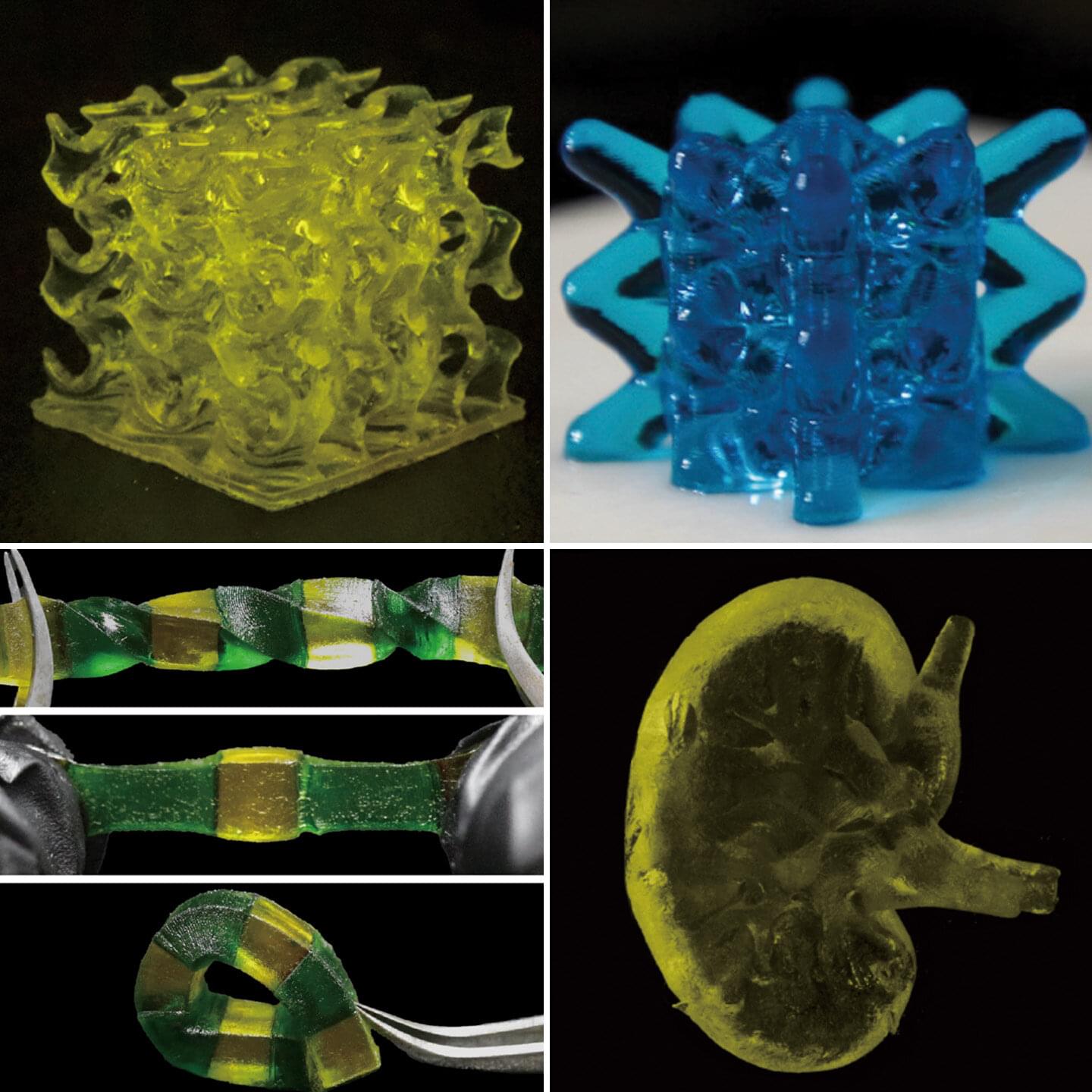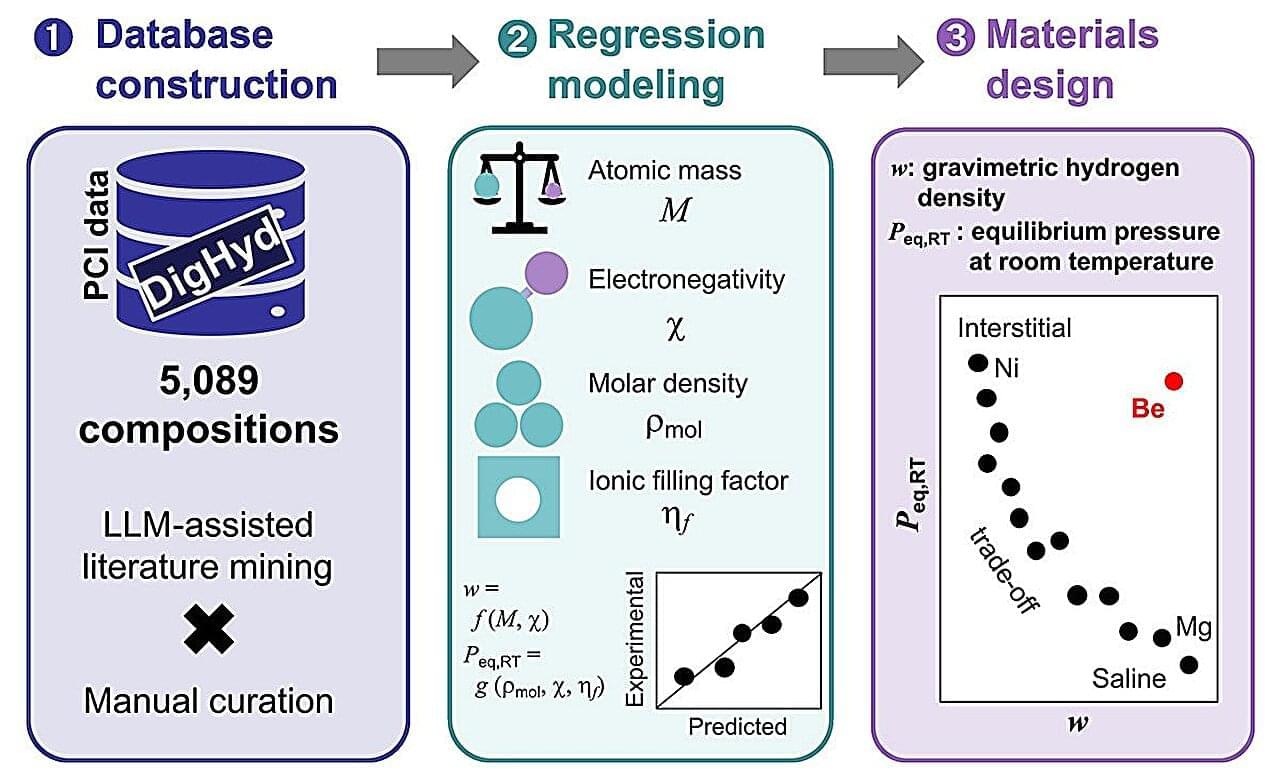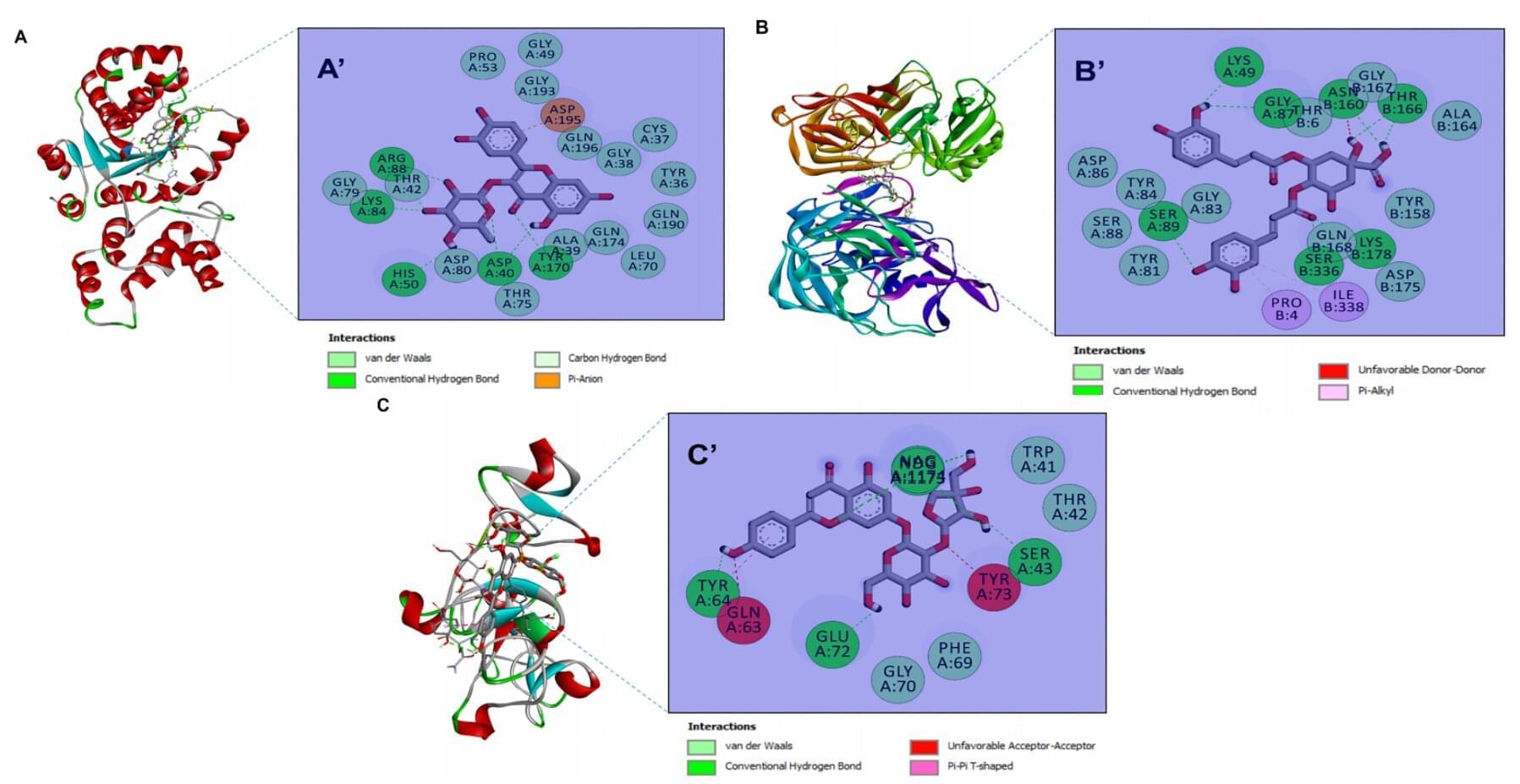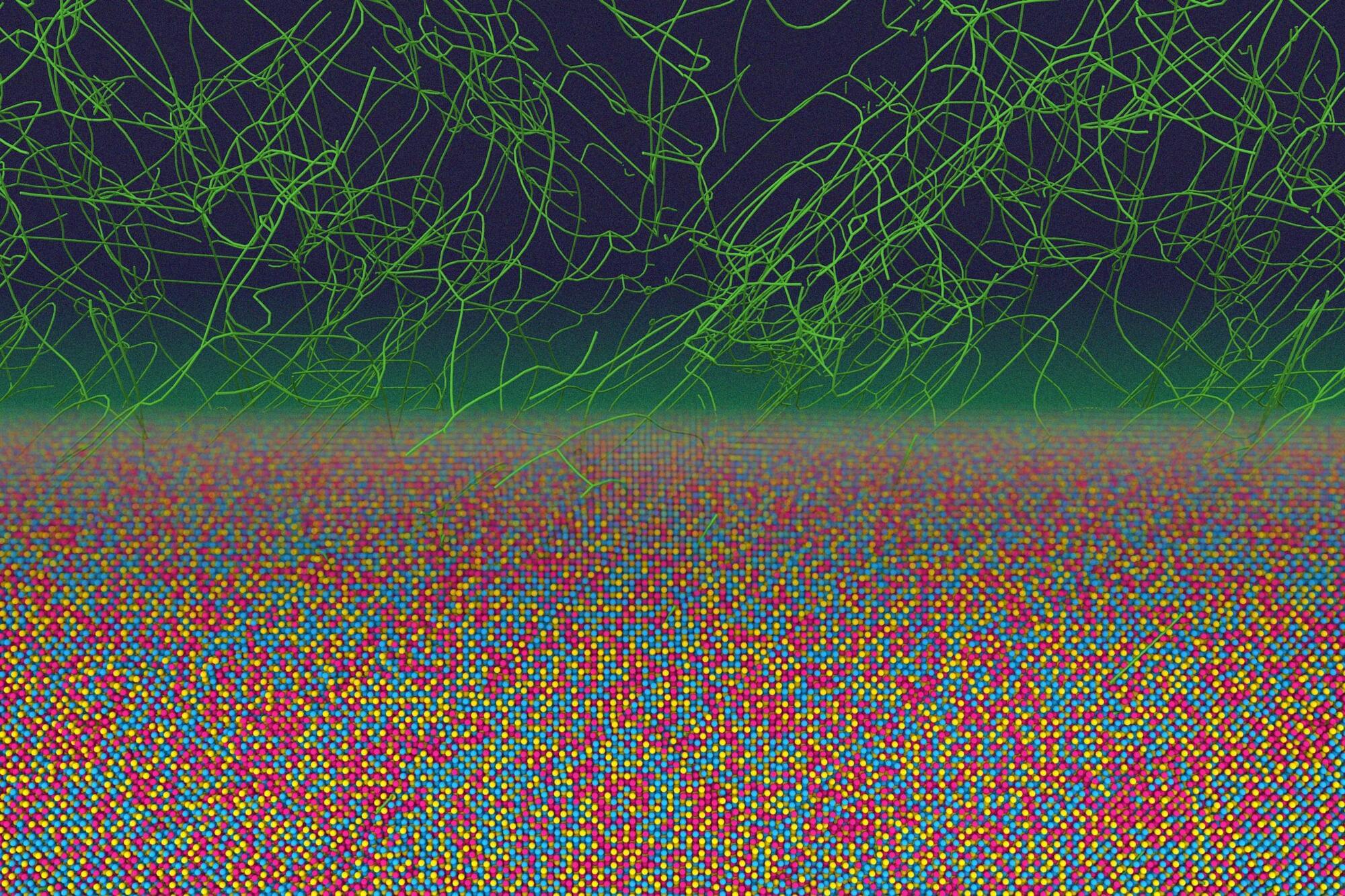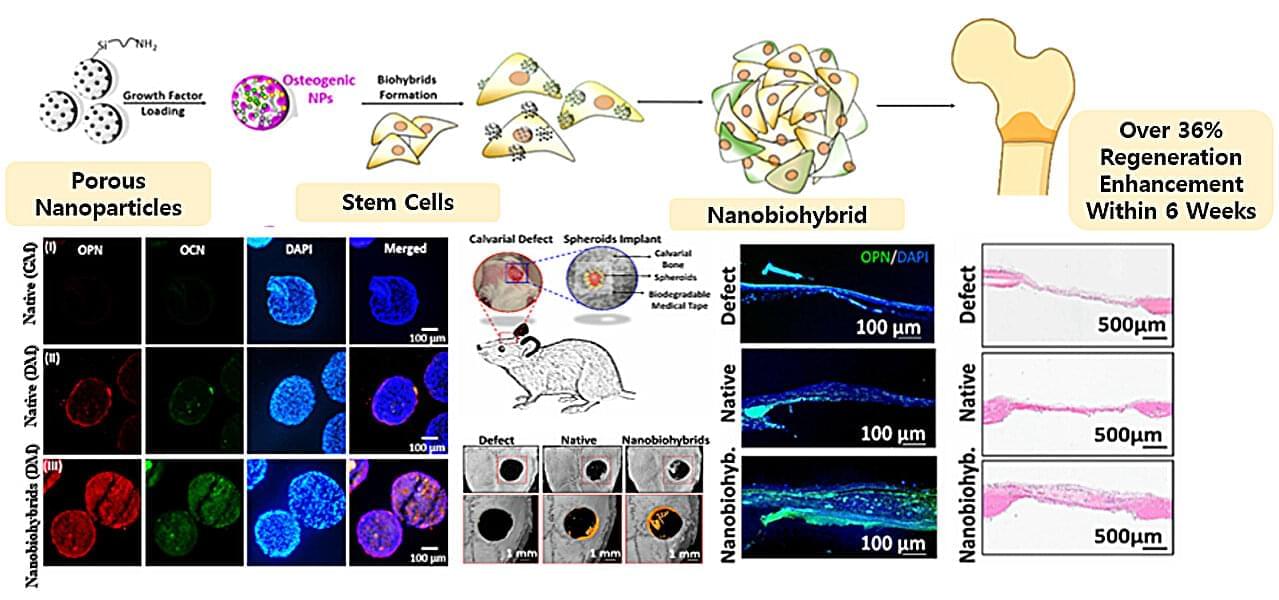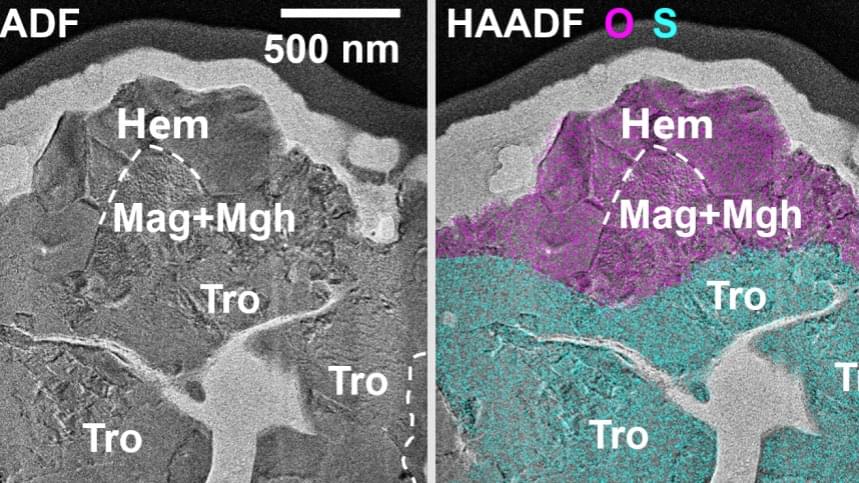A previously unknown type of DNA damage in the mitochondria, the tiny power plants inside our cells, could shed light on how our bodies sense and respond to stress. The findings of the UC Riverside-led study are published today in the Proceedings of the National Academy of Sciences and have potential implications for a range of mitochondrial dysfunction-associated diseases, including cancer and diabetes.
Mitochondria have their own genetic material, known as mitochondrial DNA (mtDNA), which is essential for producing the energy that powers our bodies and sending signals within and outside cells. While it has long been known that mtDNA is prone to damage, scientists didn’t fully understand the biological processes. The new research identifies a culprit: glutathionylated DNA (GSH-DNA) adducts.
An adduct is a bulky chemical tag formed when a chemical, such as a carcinogen, attaches directly to DNA. If the damage isn’t repaired, it can lead to DNA mutations and increase the risk of disease.
